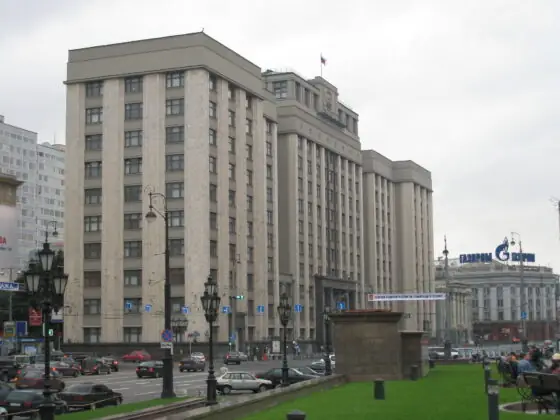The common wisdom is that international institutions (hereafter referred to as IIs) have a poor track record in promoting change in post-Soviet states. On the one hand, congressional critics censure the International Monetary Fund (IMF) and other financial institutions for their inability to foster progressive economic development in Russia. On the other, civil society activists lambast regional organizations such as the Organization for Security and Cooperation in Europe (OSCE) for allowing gross violations of human rights in Chechnya or for accepting policies–such as the death penalty in Ukraine–that are in direct violation of core European norms.
Yet, as always, such headline stories reveal only part of a much more complex picture. To appreciate fully the role–bad and good–that IIs have played in the former Soviet area, we need to rethink the conventional wisdom on three issues: 1) the kinds of change that international institutions promote; 2) the mechanisms and logics through which they affect domestic politics; and 3) the role played by conditionality. […]








